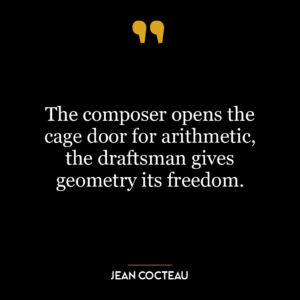This quote suggests that certainty, or the need for absolute sureness, can pose a danger to faith. Faith, by definition, requires a degree of uncertainty; it is belief without proof. When we seek certainty, we are looking for definitive answers, concrete evidence, and irrefutable proof. However, faith operates in the realm of the unknown, the unseen, and the unproven. If we insist on certainty, it could consume our faith because faith thrives on trust, hope, and the acceptance of mysteries.
In the context of personal development, this quote could be interpreted as a warning against the pursuit of absolute certainty in life. While it’s natural to seek comfort in certainty, this can limit personal growth because it discourages risk-taking, exploration, and the acceptance of new ideas. If we always need to be sure of the outcome, we might never take the leap of faith necessary to learn and grow.
In today’s world, this idea is particularly relevant in the face of rapid technological advancement and a culture that increasingly values data and evidence. While these developments have many benefits, they can also lead to an over-reliance on certainty and a dismissal of anything that can’t be empirically proven. This can result in a lack of faith not only in the religious sense, but also in our relationships, our abilities, and our potential for growth.
Therefore, this quote serves as a reminder of the importance of maintaining a balance between seeking knowledge and preserving faith, between needing proof and embracing the unknown. It suggests that while certainty can provide comfort, it should not be allowed to consume our capacity for faith.






